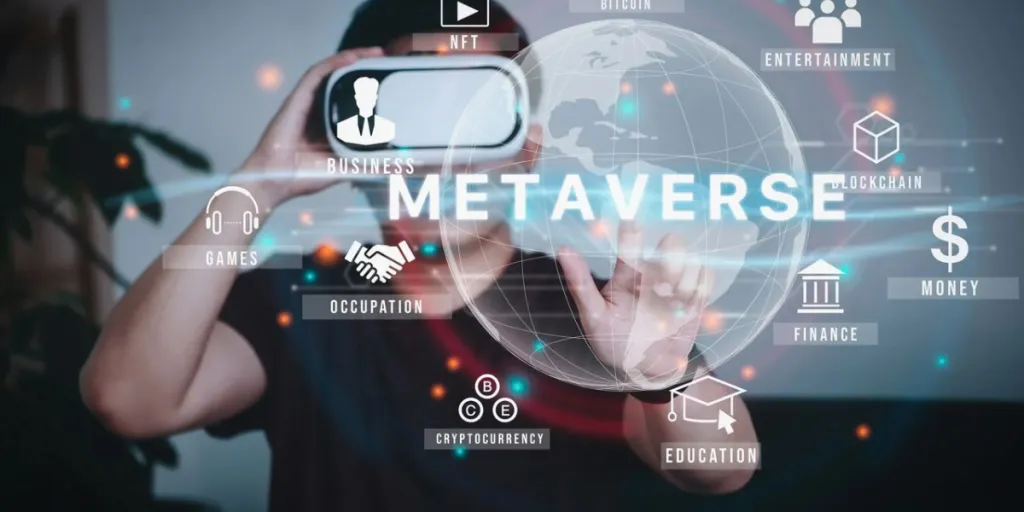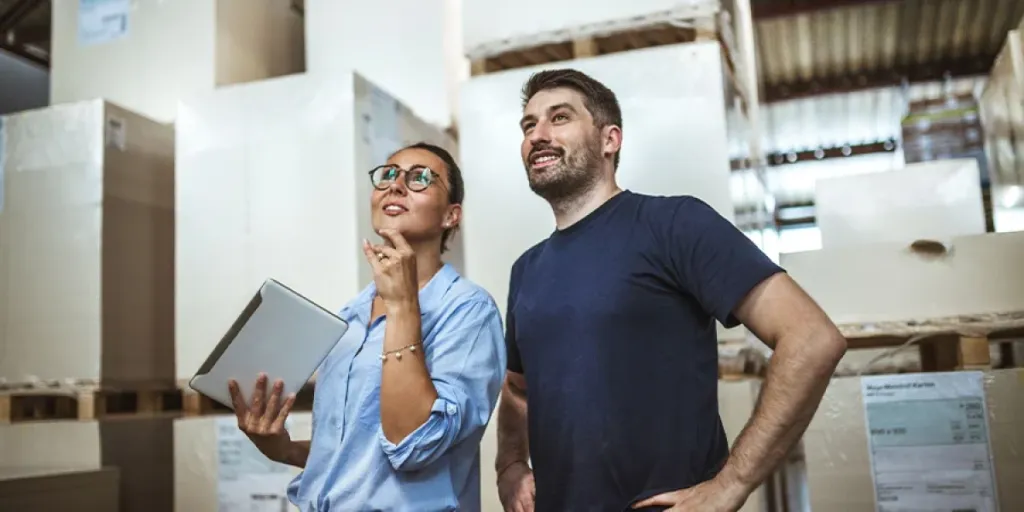Large consumer goods companies are openly exploring use cases for the metaverse. Most current applications focus on digital marketing campaigns inside metaverse platforms like ROBLOX and Decentraland. However, industrial use cases can also provide significant benefits for the consumer goods industry. Integrating next-generation technologies like virtual reality (VR) and augmented reality (AR) into supply chain operations can mitigate increasing production costs and improve time management.
What is the metaverse?
The metaverse is a virtual world where users share experiences and interact in real time within simulated scenarios. Similarly to the internet’s impact on consumer behaviour, the metaverse could change how people work, shop, interact and consume digital and physical products. GlobalData forecasts that the metaverse market will be worth $627 billion by 2030, growing at a compound annual growth rate (CAGR) of 33% between 2020 and 2030.
Companies like Meta, Epic Games and Microsoft have poured billions of dollars of investment into metaverse technologies. However, investment in the metaverse will slow in 2023. Tech giants will continue to invest, albeit at slower rates. This downturn stems from the immaturity of the technologies central to the metaverse’s success, a lack of clear use cases, growing concern about data privacy and personal safety in the metaverse and an uncertain economic environment.
Marketing in the metaverse
GlobalData’s latest report, ‘The Metaverse in Consumer Goods,’ explores how large consumer goods companies are using the metaverse and next-generation technologies. The report found that most current applications focus on digital marketing campaigns. For example:
- Unilever: The company has organised several marketing campaigns in the metaverse, including Rexona’s hosting of the first metaverse marathon, Closeups’ City Hall of Love, Magnum’s Pleasure Museum and a safe space for female gamers on Roblox by Sunsilk.
- PepsiCo: In July 2022, PepsiCo-brand Mountain Dew hosted a virtual watch party in Decentraland for the opening of the Call of Duty League Major IV tournament. Another PepsiCo-brand Cheetos also unveiled its virtual neighbourhood called Chesterville in October 2022. Set inside Meta’s Horizon Worlds, users can play interactive games and vote on which discontinued Cheeto products they want to see back on the shelves.
Industrial use cases in the metaverse
Beyond digital marketing campaigns, companies are investing in the foundational technologies of the metaverse—including VR, AR and blockchain—to facilitate and automate product design, manufacturing, distribution and logistics. Examples include:
- ABInBev: In February 2021, AB InBev signed a master agreement with XMReality to use its remote guidance system in brewery support sites throughout the European Zone. This app enables, for instance, a technician to demonstrate how to operate machinery via AR.
- Nestlé: In June 2020, in a press release announcing the company’s decision to accelerate its adoption of AR, Nestlé’s manufacturing global head claimed that remote assistance would become “a new way of working,” improving speed and efficiency in production and R&D sites. Smart glasses, 360-degree cameras, and 3D software allowed teams to redesign production lines and develop new products without the need to travel.
In February 2023, Microsoft announced it was shutting down its HoloLens 3 project and laying off its industrial metaverse team, which had been tasked with developing software for inspection, training simulation and digital twin apps. Microsoft had an ongoing agreement with Coca-Cola to provide HoloLens to the company’s European distribution centres. This and other U-turns on metaverse development will delay the adoption of the technology across all industries.
The consumer goods sector will not play a significant role in creating and developing the metaverse. However, companies should still be involved in creating virtual experiences in the metaverse for marketing and consumer engagement purposes and integrating next-generation technologies into supply chain operations.
The true potential profitability of the metaverse for consumer goods companies lies in the industry’s ability to attach the value of physical products to digital offerings. This reality seems far away. However, when it arrives, the brands most familiar with virtual worlds will be best placed to profit.
Source from Retail-insight-network.com
Disclaimer: The information set forth above is provided by Retail-insight-network.com independently of Alibaba.com. Alibaba.com makes no representation and warranties as to the quality and reliability of the seller and products.




